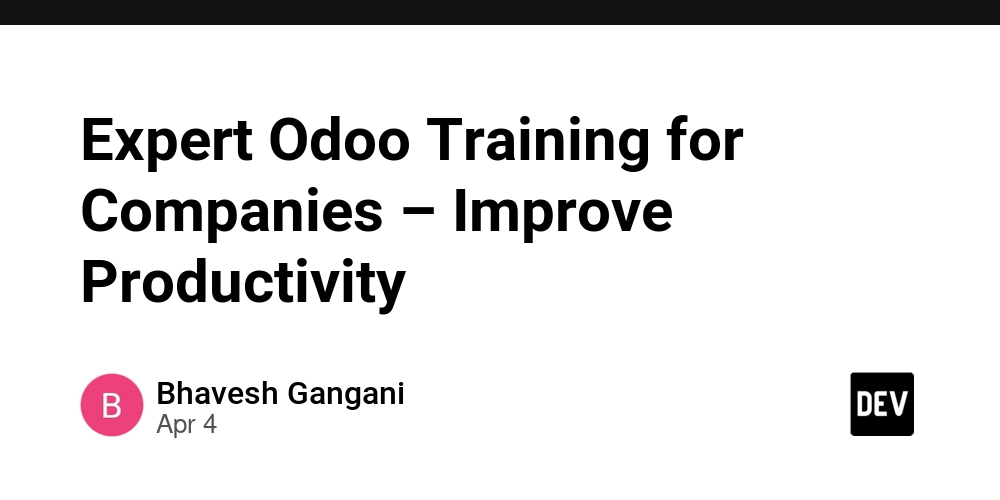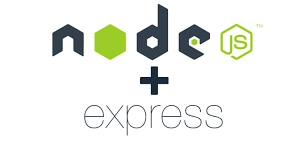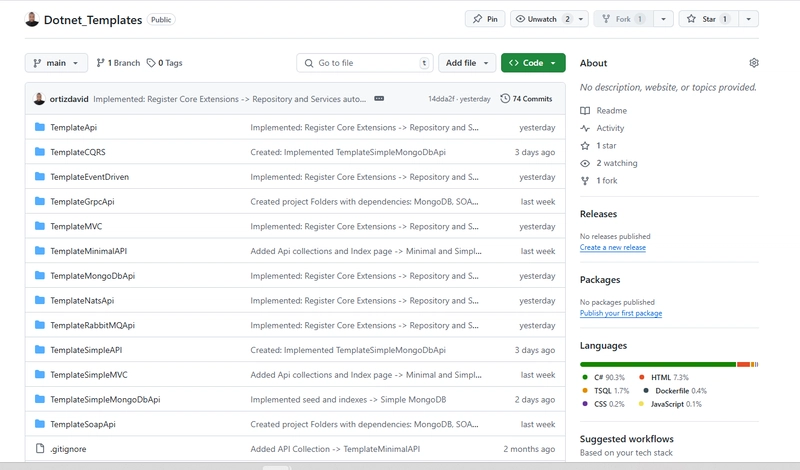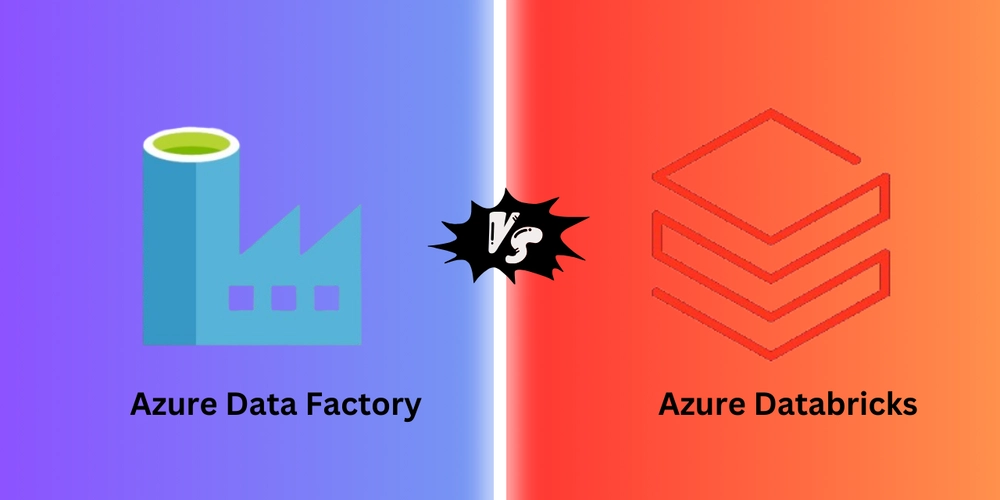Expert Odoo Training for Companies – Improve Productivity
In today’s fast-paced business environment, companies need efficient ERP solutions to streamline operations, enhance productivity, and drive growth. Odoo ERP is one of the most powerful and flexible business management tools available, offering a wide range of applications for sales, accounting, inventory, HR, and more. However, to maximize its full potential, businesses must ensure their teams are well-trained in using Odoo effectively. Expert Odoo training helps companies reduce operational errors, automate workflows, and improve overall efficiency. Without proper training, employees may struggle with system navigation, leading to inefficiencies and delays in daily operations. Investing in structured Odoo functional and technical training ensures that businesses can harness the power of Odoo to its fullest, improving productivity and achieving long-term success. In this blog, we’ll explore why Odoo training is essential for businesses, the different types of training available, and how expert-led courses can help your team work smarter, not harder. Why Odoo Training is Essential for Companies Many businesses implement Odoo ERP expecting seamless automation and efficiency, but without proper training, employees often struggle to use the system effectively. A lack of knowledge can lead to operational bottlenecks, data mismanagement, and inefficient workflows, ultimately reducing the return on investment (ROI) from Odoo. Key Reasons Why Odoo Training is Essential 1. Faster Employee Adoption Without structured training, employees take longer to learn Odoo, leading to errors and delays. Expert-led training accelerates the learning curve, helping teams adopt Odoo quickly and efficiently. 2. Improved Business Processes & Productivity A well-trained workforce can leverage Odoo’s full potential, automating repetitive tasks, streamlining operations, and improving overall business efficiency. 3. Minimized Errors & Data Accuracy Incorrect data entry or misconfigured workflows can cause serious business issues. Odoo training ensures that teams enter, manage, and analyze data correctly, reducing costly mistakes. 4. Better Collaboration Across Departments Odoo connects multiple departments, from sales and accounting to inventory and HR. Proper training ensures that teams work seamlessly within the system, improving coordination and communication. 5. Higher ROI on Odoo Implementation Companies that invest in Odoo training see a higher return on their ERP investment because their teams can use the system efficiently, leading to better decision-making and cost savings. By investing in expert Odoo training, companies can empower their employees, enhance productivity, and ensure smooth ERP operations. Types of Odoo Training for Businesses Every business has unique needs, and Odoo training must be tailored to match different roles and expertise levels. Whether you’re a business owner, manager, or developer, choosing the right training ensures that your team can use Odoo effectively. 1. Functional Training (For Business Users & Managers) Functional training focuses on the day-to-day use of Odoo applications. It is designed for business users, managers, and employees who need to navigate and operate Odoo efficiently. Key Learning Areas: Navigating the Odoo dashboard and user interface. Managing sales, CRM, inventory, and accounting modules. Automating workflows and reporting. Optimizing processes for better productivity. Best for: Sales teams, HR professionals, accountants, inventory managers, and business owners. 2. Technical Training (For Developers & IT Teams) Technical training is designed for developers and IT professionals who need to customize Odoo, develop new modules, and integrate third-party applications. Key Learning Areas: Odoo architecture, models, and views. Customizing modules and creating new functionalities. API integrations and third-party application connectivity. Security, performance optimization, and debugging. Best for: Odoo developers, IT teams, and software engineers. 3. Corporate Training (For Large Teams & Enterprises) Corporate training is tailored for companies implementing Odoo ERP across multiple departments. It provides hands-on, role-based training to ensure smooth adoption and usage across the organization. Key Learning Areas: Customized training based on industry needs. End-to-end ERP implementation guidance. Role-specific training for different teams. Best practices for maximizing Odoo’s efficiency. Best for: Large enterprises, multi-location businesses, and teams adopting Odoo at scale. Which Odoo Training is Right for Your Business? If your team uses Odoo for daily business tasks, go for Functional Training. If your company needs custom development, choose Technical Training. If you're implementing Odoo across departments, opt for Corporate Training. By choosing the right training, businesses can increase productivity, im

In today’s fast-paced business environment, companies need efficient ERP solutions to streamline operations, enhance productivity, and drive growth.
Odoo ERP is one of the most powerful and flexible business management tools available, offering a wide range of applications for sales, accounting, inventory, HR, and more. However, to maximize its full potential, businesses must ensure their teams are well-trained in using Odoo effectively.
Expert Odoo training helps companies reduce operational errors, automate workflows, and improve overall efficiency. Without proper training, employees may struggle with system navigation, leading to inefficiencies and delays in daily operations.
Investing in structured Odoo functional and technical training ensures that businesses can harness the power of Odoo to its fullest, improving productivity and achieving long-term success.
In this blog, we’ll explore why Odoo training is essential for businesses, the different types of training available, and how expert-led courses can help your team work smarter, not harder.
Why Odoo Training is Essential for Companies
Many businesses implement Odoo ERP expecting seamless automation and efficiency, but without proper training, employees often struggle to use the system effectively. A lack of knowledge can lead to operational bottlenecks, data mismanagement, and inefficient workflows, ultimately reducing the return on investment (ROI) from Odoo.
Key Reasons Why Odoo Training is Essential
1. Faster Employee Adoption
Without structured training, employees take longer to learn Odoo, leading to errors and delays. Expert-led training accelerates the learning curve, helping teams adopt Odoo quickly and efficiently.
2. Improved Business Processes & Productivity
A well-trained workforce can leverage Odoo’s full potential, automating repetitive tasks, streamlining operations, and improving overall business efficiency.
3. Minimized Errors & Data Accuracy
Incorrect data entry or misconfigured workflows can cause serious business issues. Odoo training ensures that teams enter, manage, and analyze data correctly, reducing costly mistakes.
4. Better Collaboration Across Departments
Odoo connects multiple departments, from sales and accounting to inventory and HR. Proper training ensures that teams work seamlessly within the system, improving coordination and communication.
5. Higher ROI on Odoo Implementation
Companies that invest in Odoo training see a higher return on their ERP investment because their teams can use the system efficiently, leading to better decision-making and cost savings.
By investing in expert Odoo training, companies can empower their employees, enhance productivity, and ensure smooth ERP operations.
Types of Odoo Training for Businesses
Every business has unique needs, and Odoo training must be tailored to match different roles and expertise levels. Whether you’re a business owner, manager, or developer, choosing the right training ensures that your team can use Odoo effectively.
1. Functional Training (For Business Users & Managers)
Functional training focuses on the day-to-day use of Odoo applications. It is designed for business users, managers, and employees who need to navigate and operate Odoo efficiently.
Key Learning Areas:
- Navigating the Odoo dashboard and user interface.
- Managing sales, CRM, inventory, and accounting modules.
- Automating workflows and reporting.
- Optimizing processes for better productivity.
Best for: Sales teams, HR professionals, accountants, inventory managers, and business owners.
2. Technical Training (For Developers & IT Teams)
Technical training is designed for developers and IT professionals who need to customize Odoo, develop new modules, and integrate third-party applications.
Key Learning Areas:
- Odoo architecture, models, and views.
- Customizing modules and creating new functionalities.
- API integrations and third-party application connectivity.
- Security, performance optimization, and debugging.
Best for: Odoo developers, IT teams, and software engineers.
3. Corporate Training (For Large Teams & Enterprises)
Corporate training is tailored for companies implementing Odoo ERP across multiple departments. It provides hands-on, role-based training to ensure smooth adoption and usage across the organization.
Key Learning Areas:
- Customized training based on industry needs.
- End-to-end ERP implementation guidance.
- Role-specific training for different teams.
- Best practices for maximizing Odoo’s efficiency.
Best for: Large enterprises, multi-location businesses, and teams adopting Odoo at scale.
Which Odoo Training is Right for Your Business?
- If your team uses Odoo for daily business tasks, go for Functional Training.
- If your company needs custom development, choose Technical Training.
- If you're implementing Odoo across departments, opt for Corporate Training.
By choosing the right training, businesses can increase productivity, improve efficiency, and get the most out of their Odoo investment.
Key Benefits of Expert Odoo Training
Investing in expert Odoo training can transform the way your business operates. Whether you are a startup or an established enterprise, ensuring your team is well-versed in Odoo’s capabilities can lead to higher efficiency, reduced errors, and improved decision-making.
1. Faster Employee Productivity & Adoption
Without proper training, employees take longer to adapt to new systems. Expert training ensures a smooth transition, reducing the learning curve and enabling your team to start using Odoo efficiently from day one.
2. Increased Business Efficiency & Automation
Odoo offers automation tools to streamline sales, accounting, inventory, and HR processes. With the right training, employees can leverage these automation features to eliminate repetitive tasks and focus on more strategic work.
3. Reduced Errors & Improved Data Accuracy
Incorrect data entry and misconfigured workflows can lead to financial losses. Training helps teams understand best practices, ensuring accurate record-keeping, inventory tracking, and financial reporting.
4. Enhanced Collaboration Between Departments
Odoo integrates multiple departments within a single system. When employees understand how their roles interact with other departments, it leads to better communication, seamless data sharing, and improved teamwork.
5. Customization & Scalability for Business Growth
Trained professionals can customize Odoo to fit specific business needs, whether by adding custom modules, integrating third-party applications, or optimizing workflows. This allows companies to scale their operations without system limitations.
6. Higher ROI on Odoo ERP Implementation
Companies that invest in expert training get better value from their Odoo ERP investment. Well-trained employees can fully utilize Odoo’s features, reduce inefficiencies, and improve overall business performance.
How to Choose the Right Odoo Training Provider
Selecting the right Odoo training provider is crucial for ensuring that your team receives high-quality, practical, and business-oriented training. With so many options available, businesses need to evaluate different providers based on their expertise, training methodology, and support services.
1. Look for Certified Odoo Experts
A reputable training provider should have Odoo-certified trainers with hands-on experience in both functional and technical aspects of Odoo. This ensures that you receive training from professionals who understand real-world business challenges.
2. Check for Hands-On Practical Training
Odoo is best learned through practical, hands-on exercises rather than just theory. The best training providers offer:
- Live demonstrations and real-world use cases.
- Interactive exercises where trainees practice on an Odoo instance.
- Role-based training tailored for different departments.
3. Ensure Comprehensive Course Coverage
A good Odoo training provider should offer:
- Functional training for business users.
- Technical training for developers and IT teams.
- Corporate training for large enterprises with custom workflows.
Make sure the course includes best practices, troubleshooting, and real-life business scenarios to prepare your team for practical use.
4. Consider Customization & Industry-Specific Training
Every business is unique, so a one-size-fits-all approach won’t work. Look for providers that offer customized training tailored to your industry’s needs, such as:
- Manufacturing – Odoo MRP, inventory, and supply chain management.
- Retail & eCommerce – Odoo POS, website, and sales automation.
- Finance & Accounting – In-depth Odoo accounting and invoicing training.
5. Compare Training Modes: Online vs. Onsite
Different businesses have different needs when it comes to training delivery. Ensure that the provider offers flexible learning options:
- Online Training – Ideal for remote teams or global businesses.
- Onsite Training – Best for companies needing in-person, hands-on sessions.
- Hybrid Model – A mix of online and in-person training for maximum flexibility.
6. Check Post-Training Support & Resources
A great training provider offers ongoing support even after the training ends. Look for providers that offer:
- Access to recorded sessions for future reference.
- Post-training Q&A sessions or mentorship programs.
- Support for implementation issues and troubleshooting.
7. Read Reviews & Testimonials
Before finalizing a training provider, check client reviews, case studies, and testimonials to see what other businesses have experienced. A reputable provider should have a strong track record of successful training programs.
Final Thoughts
Choosing the right Odoo training provider can make a huge difference in how well your team adopts and utilizes Odoo ERP. Investing in expert-led training ensures that your employees gain the right skills, reduce inefficiencies, and maximize Odoo’s potential for business growth.








































































































































































![[The AI Show Episode 143]: ChatGPT Revenue Surge, New AGI Timelines, Amazon’s AI Agent, Claude for Education, Model Context Protocol & LLMs Pass the Turing Test](https://www.marketingaiinstitute.com/hubfs/ep%20143%20cover.png)



































































































































![From drop-out to software architect with Jason Lengstorf [Podcast #167]](https://cdn.hashnode.com/res/hashnode/image/upload/v1743796461357/f3d19cd7-e6f5-4d7c-8bfc-eb974bc8da68.png?#)










































































































.jpg?#)




























_ArtemisDiana_Alamy.jpg?#)













































































-xl.jpg)












![Yes, the Gemini icon is now bigger and brighter on Android [U]](https://i0.wp.com/9to5google.com/wp-content/uploads/sites/4/2025/02/Gemini-on-Galaxy-S25.jpg?resize=1200%2C628&quality=82&strip=all&ssl=1)











![Apple Rushes Five Planes of iPhones to US Ahead of New Tariffs [Report]](https://www.iclarified.com/images/news/96967/96967/96967-640.jpg)
![Apple Vision Pro 2 Allegedly in Production Ahead of 2025 Launch [Rumor]](https://www.iclarified.com/images/news/96965/96965/96965-640.jpg)
































































































































